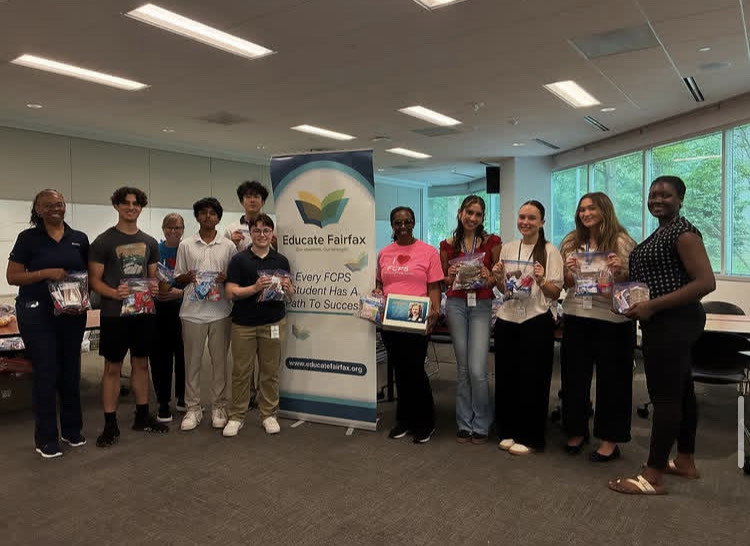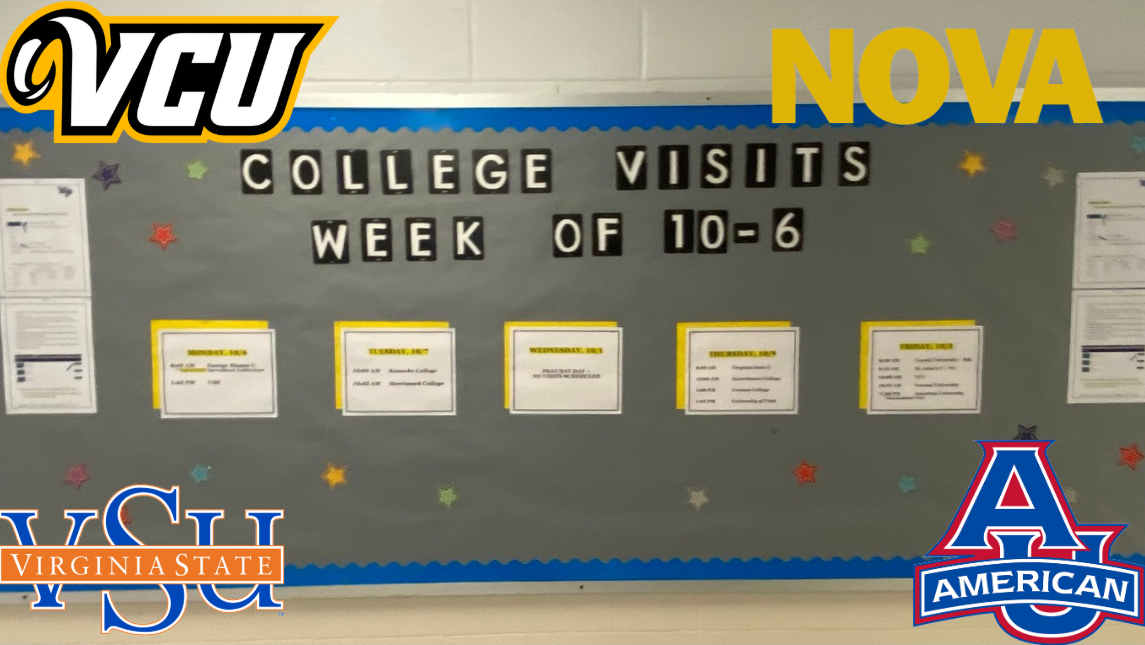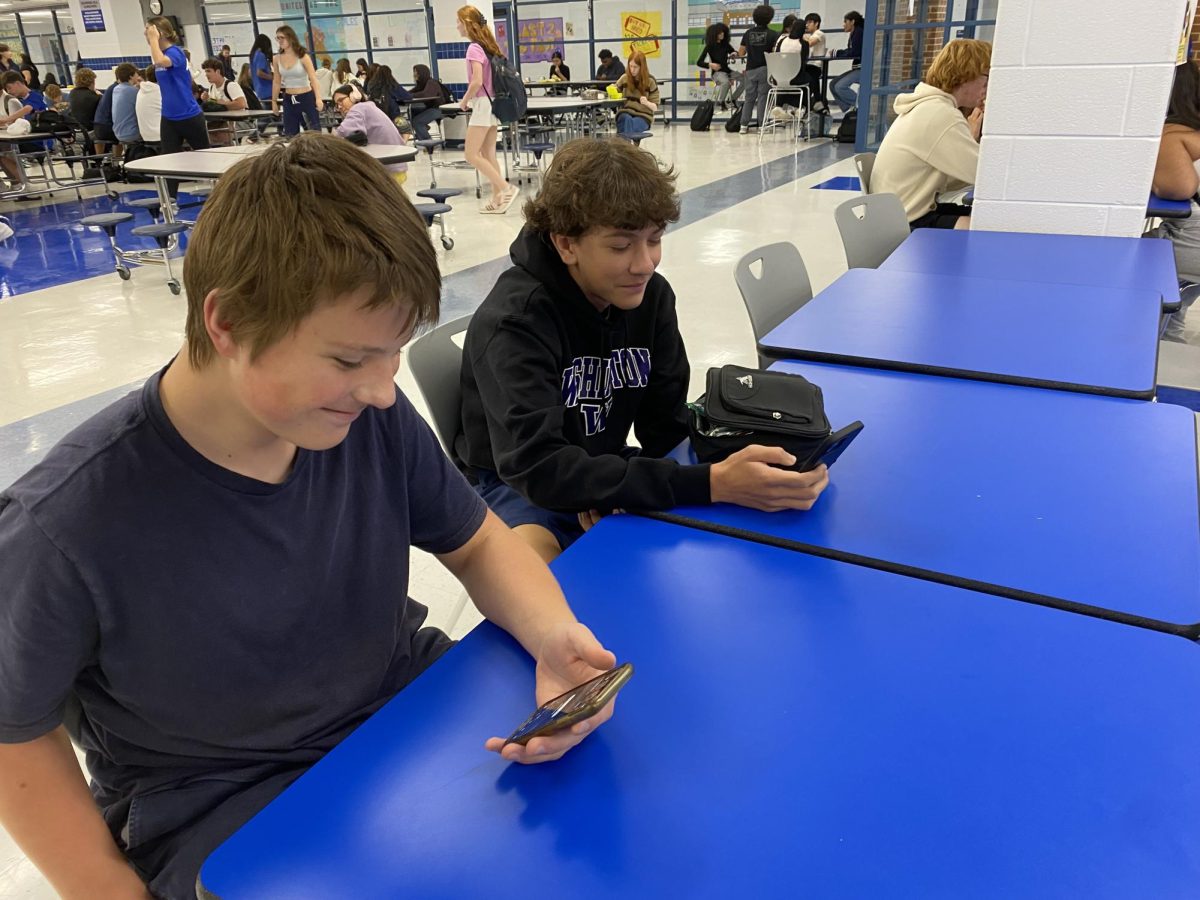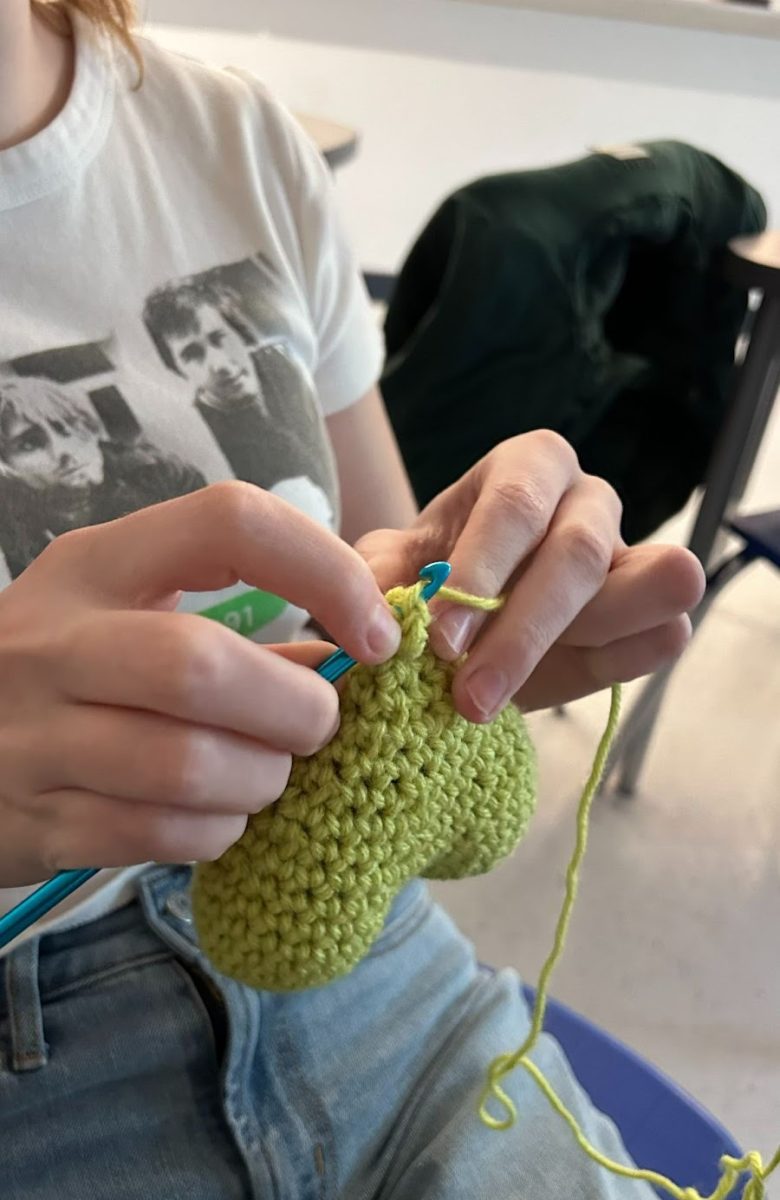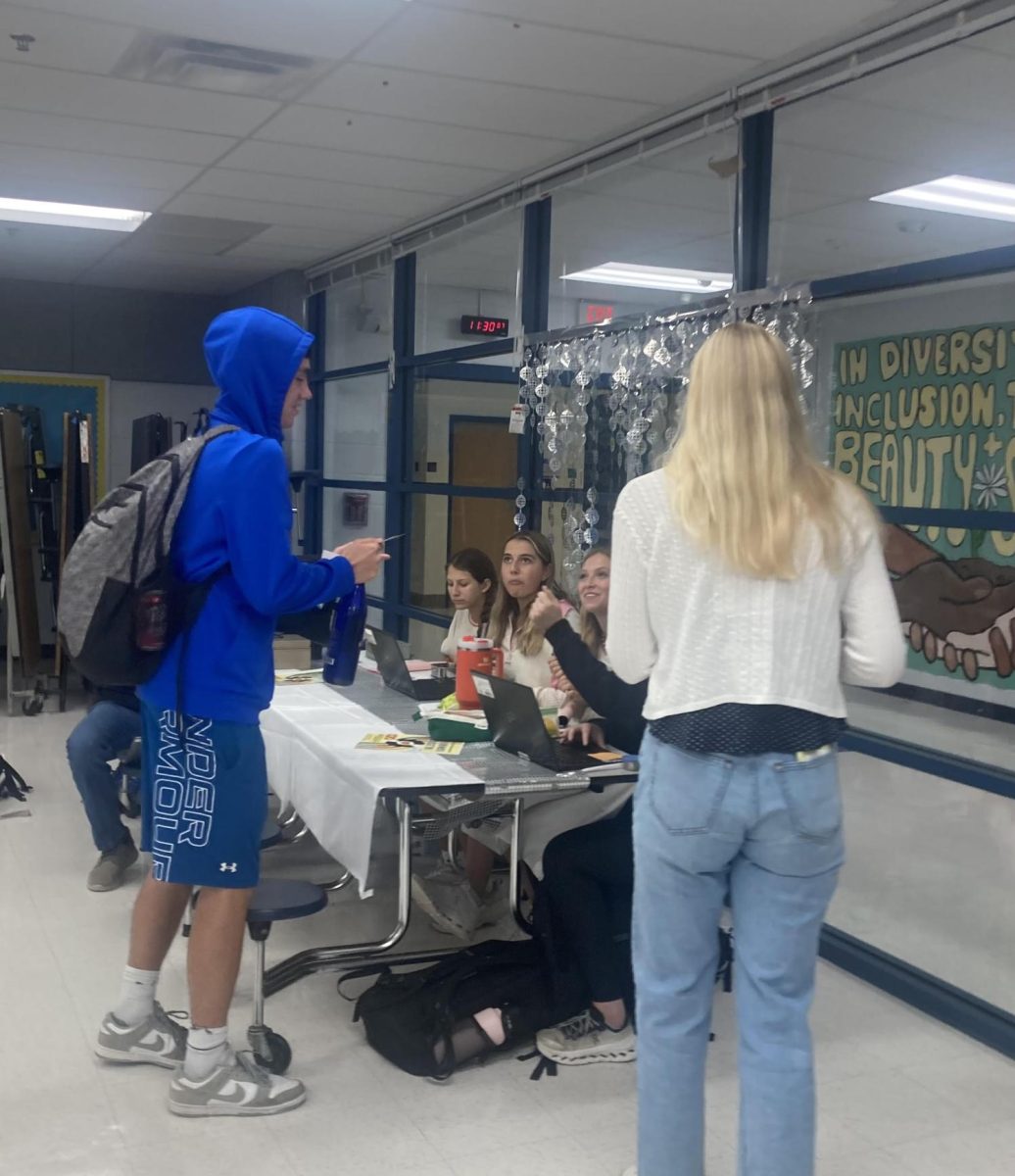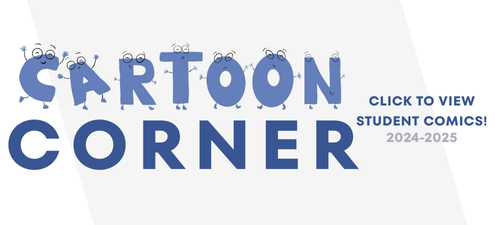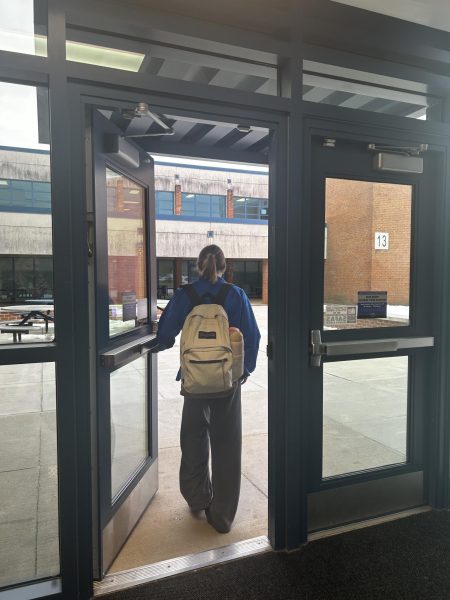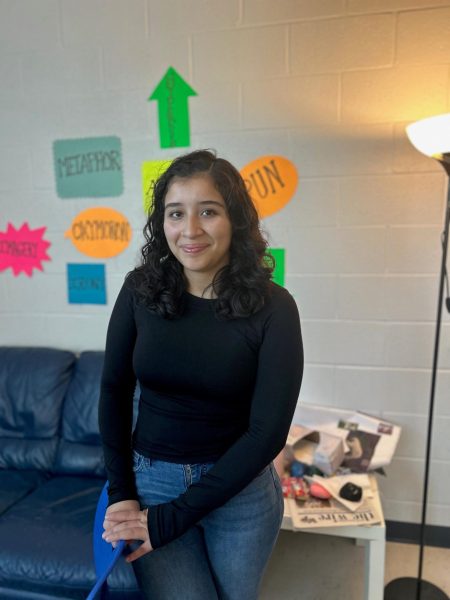From SLES to the Graduation Stage
I remember my first time stepping into Stratford Landing Elementary School as a student in the public education system back in September of 2009. I walked into the classroom and sat down at a table with other students eating Goldfish and waited for orientation to begin. I don’t remember much else about that day, but what I do know is that it was the beginning of a long journey culminating in a moment I will experience in just a few days, high school graduation.
Thinking back to that day helps me remember just how far both myself and my fellow seniors have all come to reach this point. For all our hard work, we should be proud. But my reflection also leads me to evaluate the education system I spent most of my childhood in, and in doing so, I’ve developed several ideas for how I think it could be improved.
Throughout my time as a student, I’ve attempted to prove my knowledge of course materials through tests countless times. On some of them I knew every answer with complete confidence. Others, I put in my best effort even if I felt confused and unsure. Then there were some tests where I had no idea what I was doing. No clue. Over time, as I’ve put mental energy into more and more tests, I’ve become more and more confident in one thing: they are stupid. Yes, tests, designed to measure student mastery of content, fail to do just that much of the time. Instead, tests often end up being nothing more than a simple assessment of memorization. To me, that’s a big problem in education.
Instead of trying to assess students’ mastery of skills and knowledge through simple tests, I believe the use of projects would prove much more effective in doing so. Plus, it would eliminate the stress and anxiety that tests produce in students while preparing them for the real world.
Projects are far more effective at assessing students’ skills and knowledge because they remove the excess pressure placed on students by allowing them to access their resources while creating their final product. Without the worry of forgetting a crucial aspect of the content or failing to finish in time, students can relax and put the necessary time into crafting something that best represents their understanding of the knowledge of the material and their skills. Additionally, students practice real-world skills through projects. Employees often have to create presentations, design posters, and write business letters, just to name a few examples. By having students create the aforementioned products to demonstrate their mastery of a subject, they can practice the skills they will need in the real world.
It’s impossible to advocate replacing tests with projects without acknowledging the limitations faced. We live in a world where standardized testing like the SOLs, the SAT, and AP exams remains important. Cutting tests from regular classes could result in students being ill-prepared for these tests. It’s also important to note that projects are often more difficult for teachers to grade since they usually take more time to assess properly. Despite these challenges, I believe implementing projects in place of testing would benefit students greatly and hopefully lead to a world where standardized testing becomes a relic of the past.
Another thing, I can’t help but notice the distinct lack of choice students have in what they learn. While most high school students do have two slots in their schedule for any elective classes they want, it’s not enough for students to have true choice. For example, the Advanced Studies Diploma requires two sequential electives, so right away, it imposes an extra, limiting requirement on students who strive to graduate with a diploma more indicative of their rigorous courses.
The other factor in playing a role in this issue is that even with two electives and core classes, it’s difficult to truly find one’s interest in school. Often, students get bogged down with assignments and deadlines, which causes them to fail to find passion for what they learn. Although extracurricular activities exist as another option for students to find their interests, it becomes difficult for them to truly take advantage of this because of the amount of time school takes up. Seven hour days plus time for homework mean most students only have time to choose a few activities to dedicate themselves to, which limits their ability in finding what they are actually passionate about. This becomes even more difficult for students hoping to attend college as many colleges expect their students to come in with some leadership experience. This pressures high schoolers into choosing only a few activities to dedicate themselves to rather than exploring a myriad of options in hopes of getting that leadership experience they need. Instead of having a truly great opportunity to explore their interests, the current education system greatly limits students’ time and forces them to follow fairly similar paths to graduation, which can make school feel boring and meaningless to some.
However, through it all, as I leave West Potomac, I leave with hope. I hope for improvements in the education system that allow for every student to show mastery of skills and knowledge in their own unique way while finding their passions. I believe that with enough effort, positive change can come to our schools in the future. For now, my fellow seniors should feel proud of their achievements over the past thirteen years. Congratulations everyone, we made it! Now we can take a moment to sit back, relax, and have some Goldfish.
Co-Editor-in-Chief Ethan Brodie is a senior at West Po in his third year of journalism. He enjoys traveling and learning about new cultures, writing, and...



